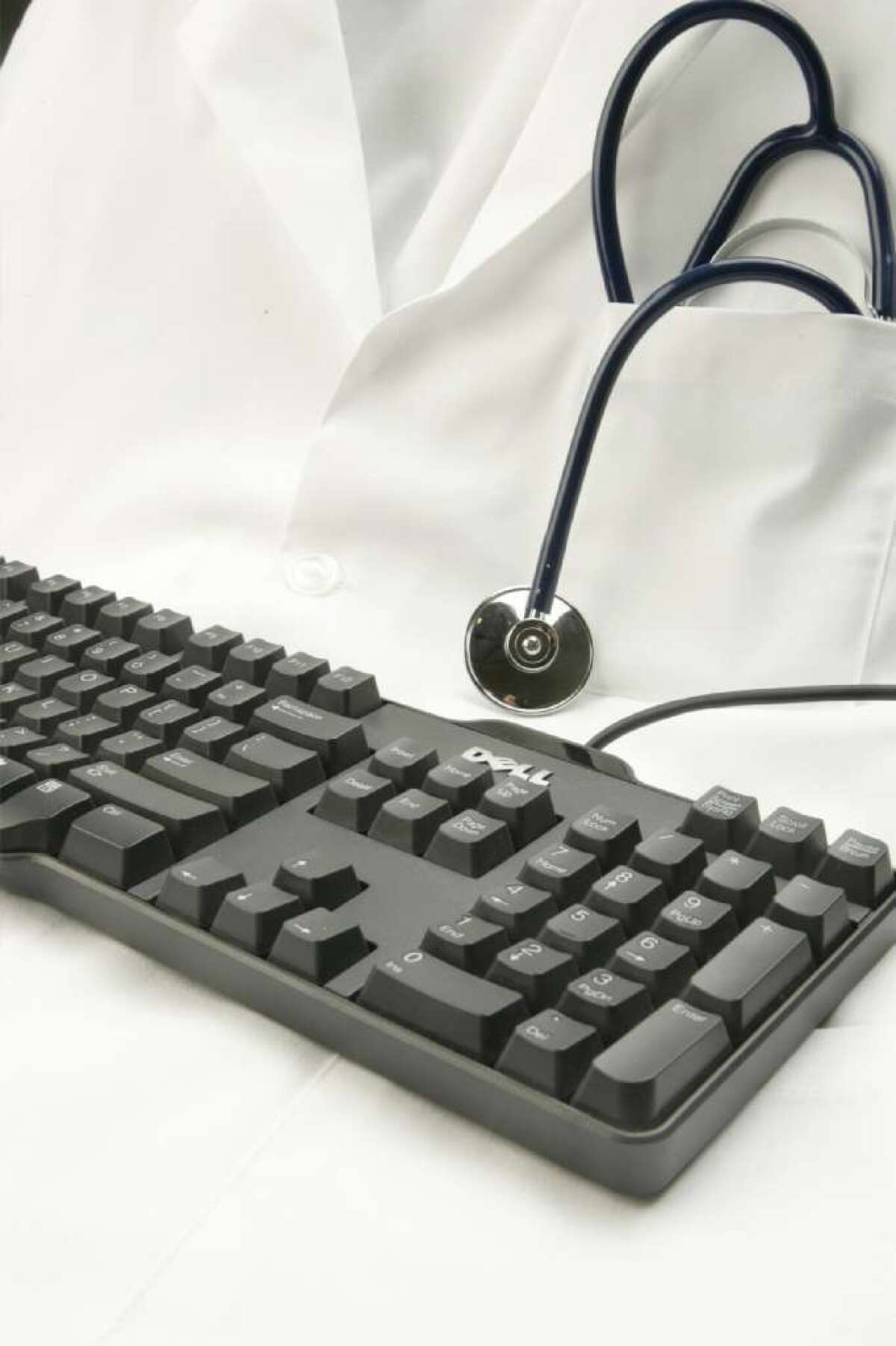Doctors no match for computers at accurately recording patient symptoms, study finds

A computer system was more effective than doctors at recording patient symptoms, highlighting the potential of computers to improve medical results, according to research by Cedars Sinai.
The study evaluated the treatment of 75 patients at gastrointestinal clinics in Los Angeles.
Patients first visited with doctors, who either typed or dictated patient symptoms and histories into an electronic health record system. The patients then self-reported symptoms on a website, which translated them into narratives.
A team of reviewers concluded that the computer-generated summaries were superior, describing them as better organized, more complete, succinct, comprehensive and useful.
“The computer-generated narratives were of higher quality overall,” said Dr. Christopher V. Almario, a Cedars-Sinai-based gastroenterology fellow and a lead author of the study.
Investigators said the research, published in the American Journal of Gastroenterology, highlights the potential of computers to enhance the quality of medical care by improving the collection of patient information.
But don’t expect computers to replace physicians in the exam room.
Researchers said computers can help doctors practice medicine more effectively as they face growing requirements to document symptoms, diagnoses and other patient data.
“Our results suggest that computers can help clinicians focus on what they do best – practicing the distinctly human art of medicine,” said Dr. Brennan Spiegel, who helped author the study. “This study offers initial proof that a computer can create meaningful and relevant patient histories that are useful in the clinical setting.”
The researchers said that computers offer a solution to the problem of doctors entering incomplete or inaccurate information into patients’ records. The technology also frees physicians to focus more on patients during office visits and to catch important bits of information and nonverbal cues that might otherwise be missed.
The research was funded in part by the National Institutes of Health Patient Reported Outcomes Measurement Information System.
Subsequent Cedars-Sinai research will examine whether computer-generated reports can enhance the physician-patient relationship and increase patient satisfaction and engagement in healthcare decisions.
More to Read
Inside the business of entertainment
The Wide Shot brings you news, analysis and insights on everything from streaming wars to production — and what it all means for the future.
You may occasionally receive promotional content from the Los Angeles Times.










